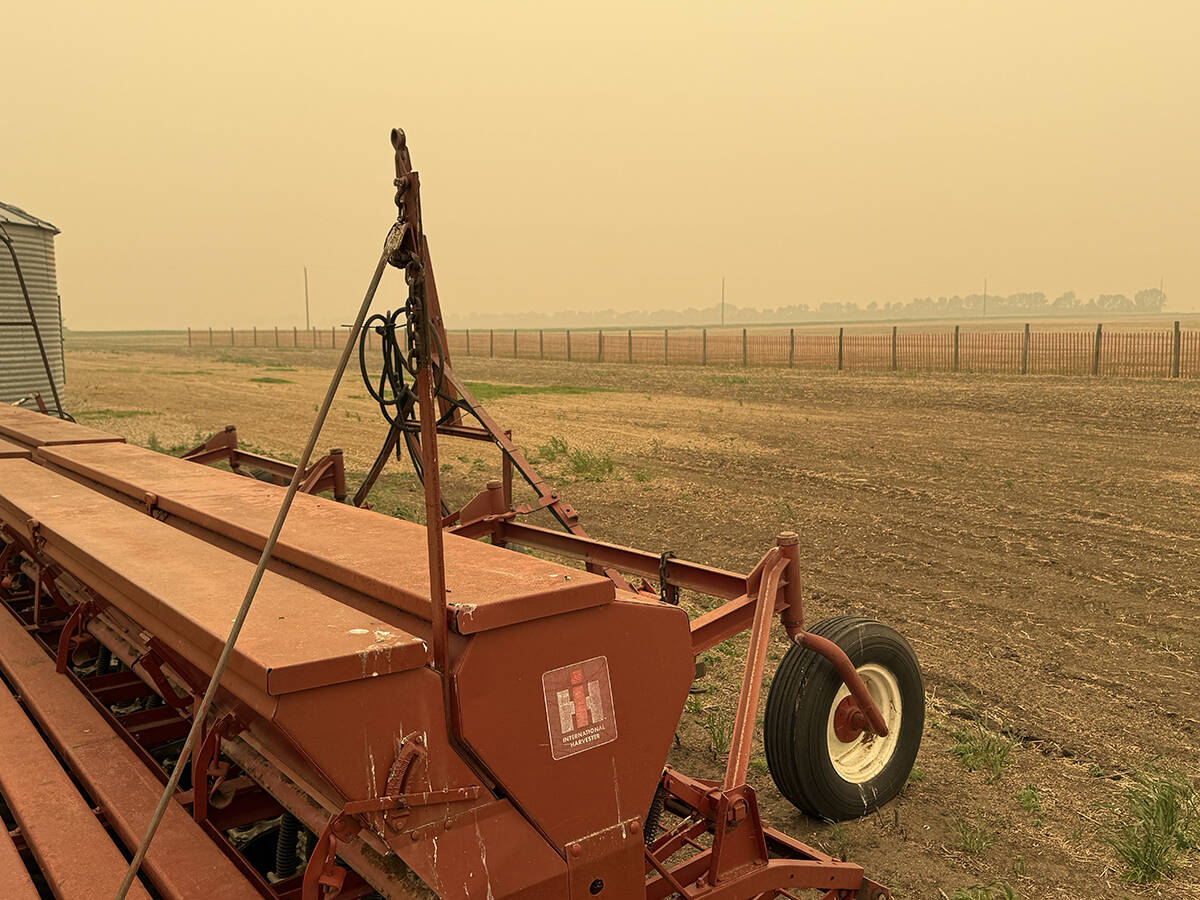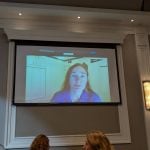The work of several organizations, companies and schools means rural Manitoba students are able to experience the natural world in their communities.
“Students are really limited in rural areas,” said Swan River area educator Kate Reid-Thorpe.
“Most museums and interpretative facilities are in Winnipeg, although the real natural environment is not. I think this is why more than 50 percent of the students I work with have never experienced a real Manitoba forest or wetland environment.”
Reid-Thorpe uses the Adopt-A-Class program, a program pioneered by Ducks Unlimited Canada. Each student receives a one-year subscription to a quarterly wetland magazine, a marsh field book, wildlife stickers and wetland achievement certificates.
Read Also

Wildfires have unexpected upside this year
One farmer feels smoke from nearby wildfires shrouded the July skies and protected his crop from the sun’s burning rays, resulting in more seeds per pod and more pods per plant.
Teachers receive a poster, a video and several guides containing background information and lesson plans.
“Teachers have responded very well to the Adopt-A-Class program, and they are embracing the material,” said Reid-Thorpe, who has co-ordinated field trips for 227 students from 12 Swan Valley area schools. The students visited the Manitoba Forestry Association’s Duck Mountain centre in May.
A major highlight of the outdoor visit involved “critter dipping,” where students used dip nets and magnifying glasses to examine the life within Manitoba’s forests and wetlands and the roles these play in the environment and the economy.
Reid-Thorpe said much of the credit for developing the Swan Valley program goes to Chris Smith, Ducks Unlimited’s biologist in The Pas, and to Barry Waito, area manager for Louisiana Pacific Canada in Swan River and chair of the Canadian Forestry Association.
“It is so rewarding to watch the children’s eyes light up with interest and excitement about the forest and all the roles it plays,” said Waito.
Ducks Unlimited said people are just starting to value Canada’s boreal forest, which represents 30 percent of the global total. Much of Canada’s forest has wetland, up to 60 percent in some locations.
For more information on the program, call 866-384-DUCK or visit www.ducks.ca.














